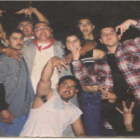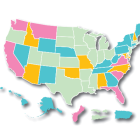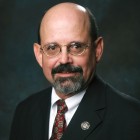
Frequent Marijuana Use Among Teens is Up
|
Heavy marijuana use among teens has increased drastically in recent years, with nearly one in 10 sparking up 20 times or more each month, according to a new survey of young Americans released this morning. The findings represent nearly an 80 percent increase in past-month heavy marijuana use among high school aged youth since 2008. Overall, the rate of marijuana use among teens has increased. Past month marijuana users, or teens that have used marijuana in the month prior to the survey, increased 42 percent, to 27 percent of teens, compared to 2008 findings. Past-year and lifetime use also increased, but not as drastically, at 26 percent and 21 percent respectively.








